Lawn Sprinkler Winterization Services
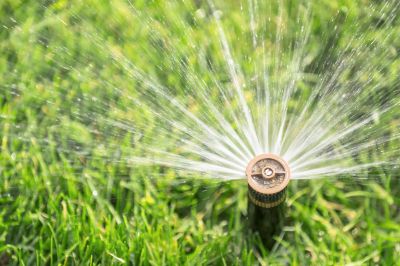
A large lawn sprinkler system prepared for winterization.
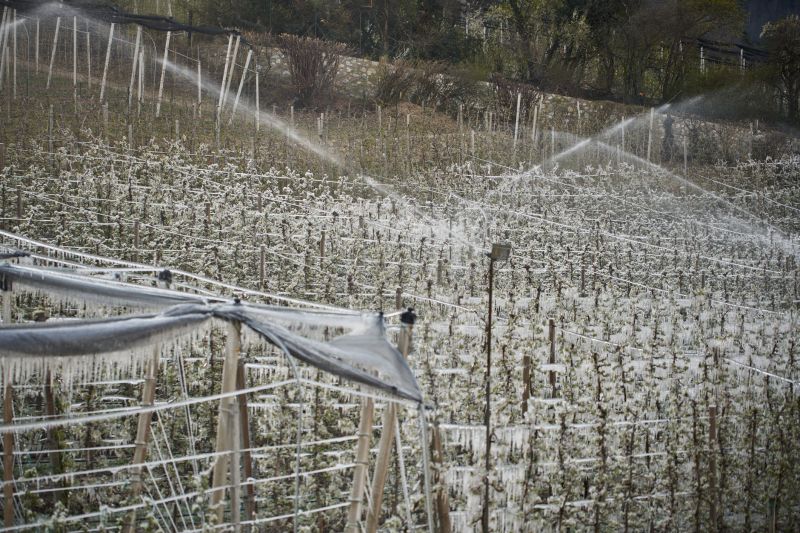
A sprinkler head covered for protection during cold months.
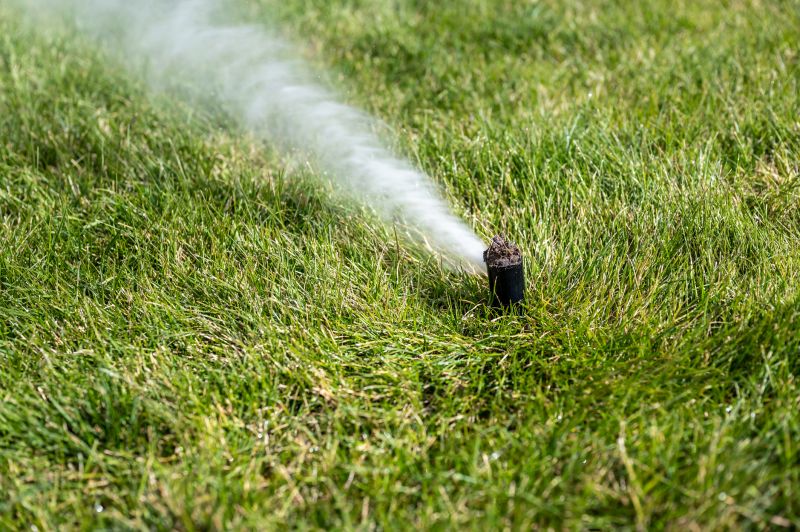
Pipes drained and insulated for winter.
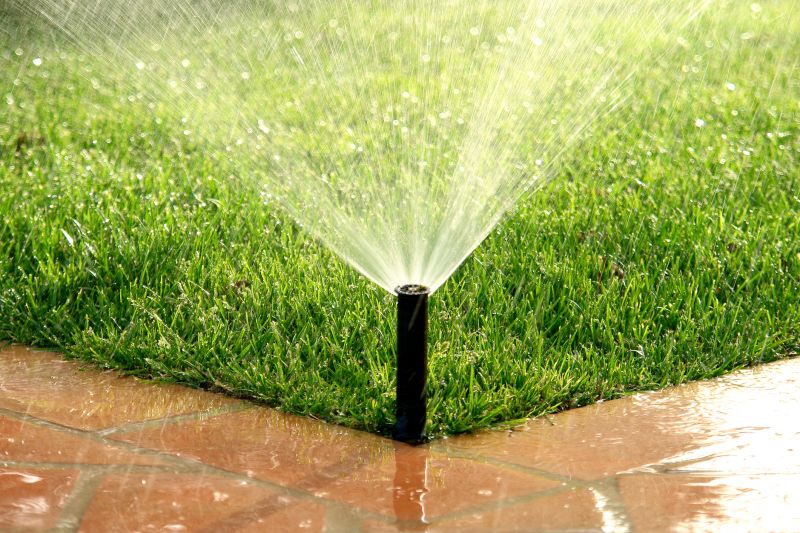
A sprinkler system winterized and ready for the season.
Regular winterization helps prevent damage and prolongs the lifespan of sprinkler components.
The best time to winterize a sprinkler system is before the first hard freeze, typically in late fall.
Failure to winterize can lead to cracked pipes, broken heads, and costly repairs.
Professionals ensure thorough drainage, proper insulation, and avoid common mistakes.
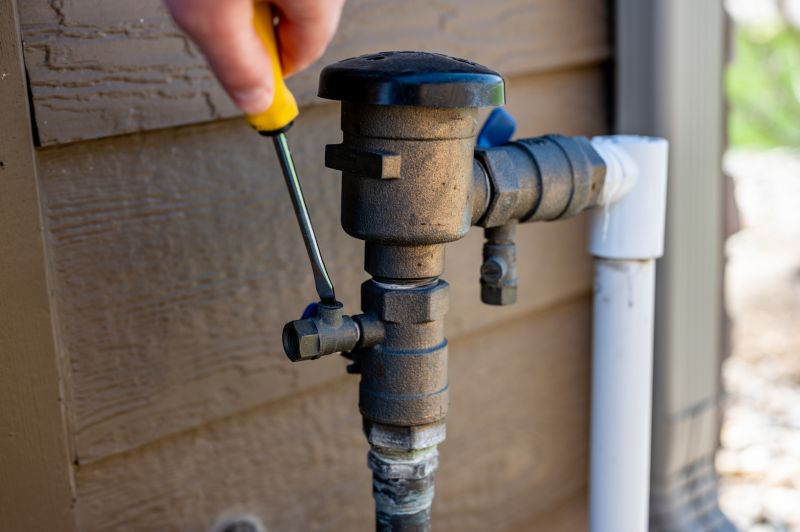
Removing water from sprinkler pipes.
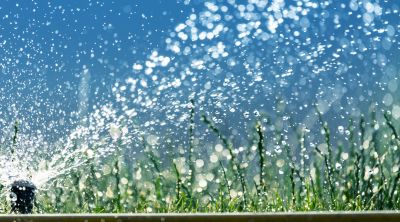
Protecting parts from freezing temperatures.
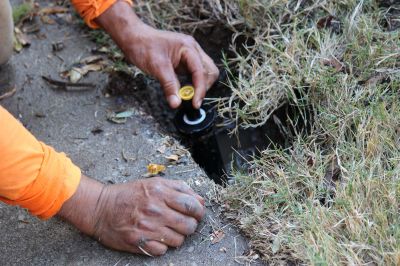
Specialized tools used for efficient service.
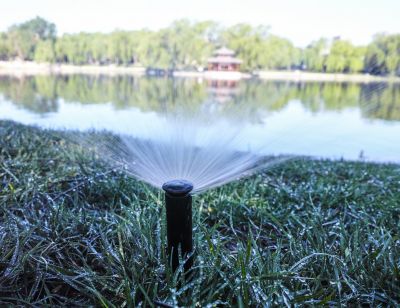
Ready for the cold season.
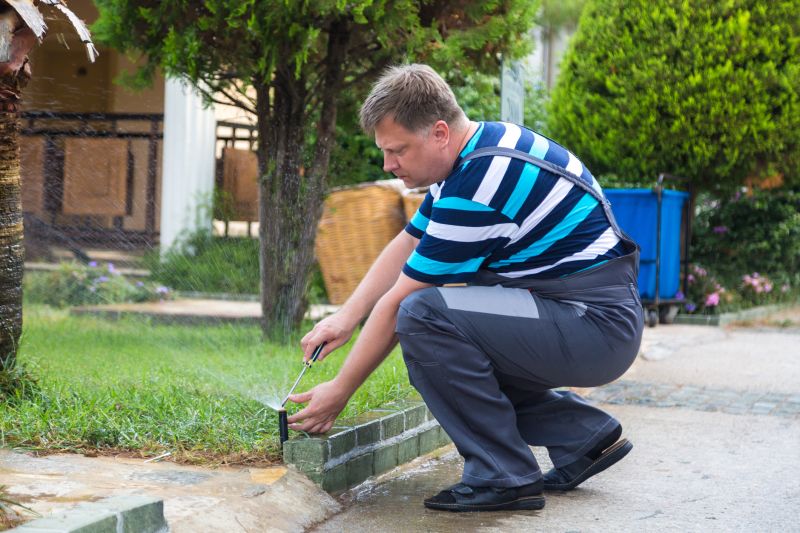
Ensuring proper function before winter.
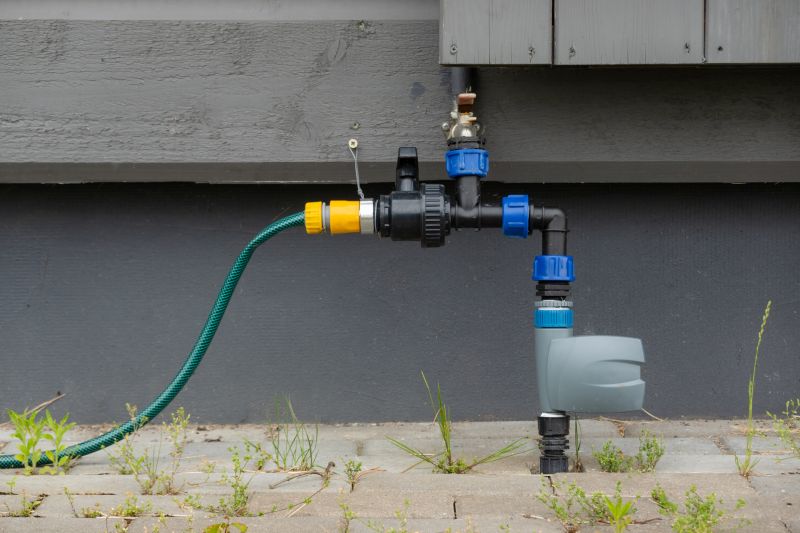
Ensuring complete water removal.
| Service Step | Description |
|---|---|
| System Inspection | Assessing the entire sprinkler system for issues. |
| Water Drainage | Removing residual water to prevent freezing. |
| Component Insulation | Wrapping and insulating vulnerable parts. |
| System Testing | Verifying proper drainage and insulation. |
| Final Inspection | Ensuring readiness for winter. |
| Documentation | Providing maintenance records and recommendations. |
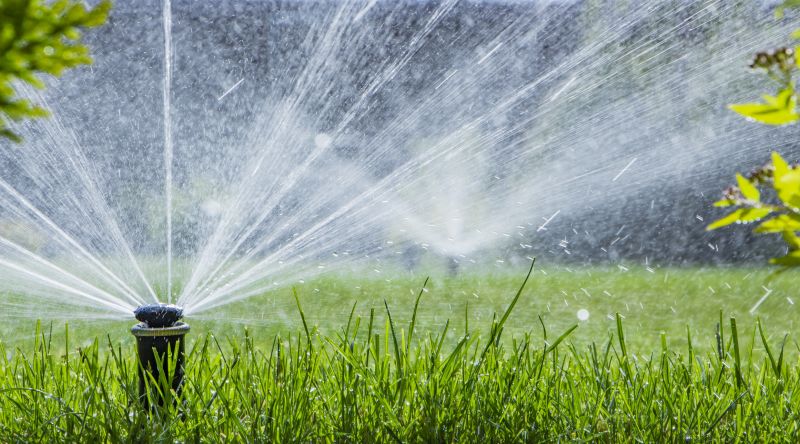
Protection for sprinkler heads during winter.
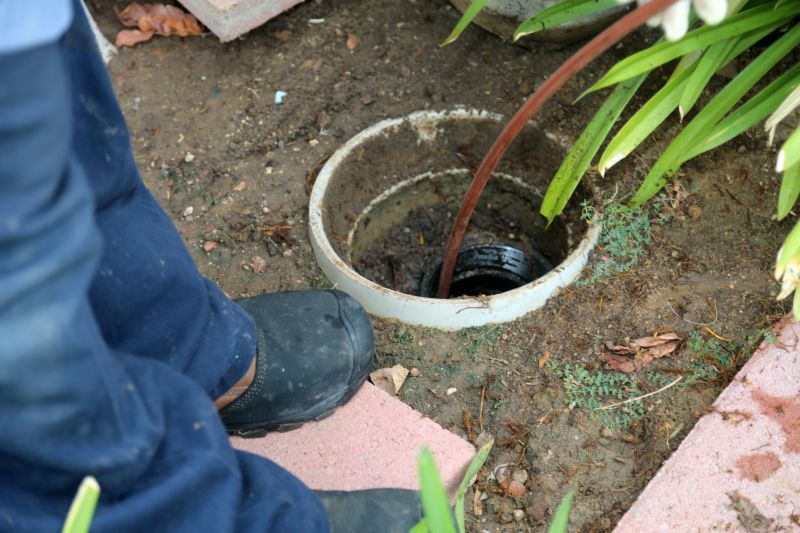
Removing water from pipes.
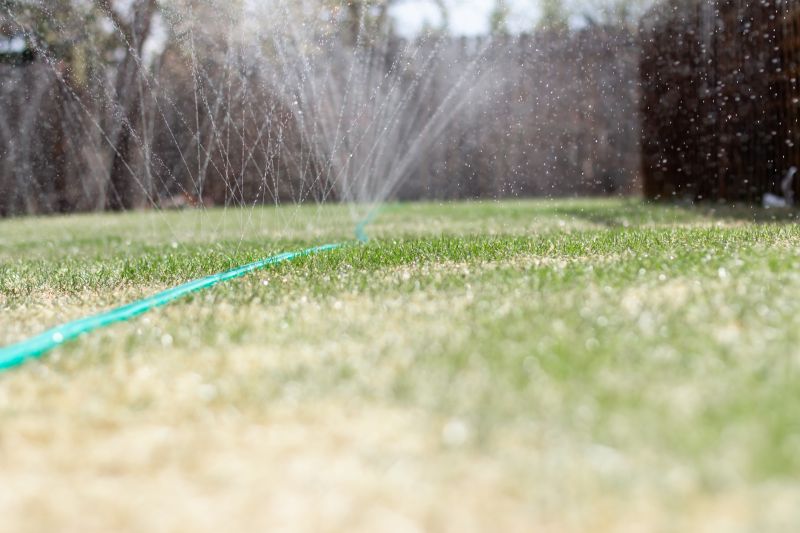
Securing insulation around sprinkler components.
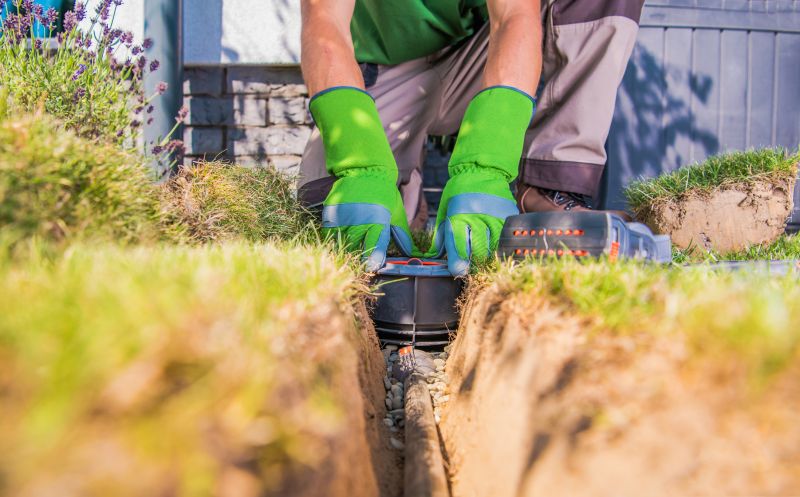
Expert service for sprinkler systems.
Proper winterization of a lawn sprinkler system is essential to prevent damage caused by freezing temperatures. Timing is critical; having the system winterized before the first hard freeze minimizes the risk of costly repairs. Professional services ensure that all water is drained, components are insulated, and the system is thoroughly inspected for potential issues. This process helps maintain the system's longevity and ensures it functions properly when the warmer months return.
Filling out the contact form provides an opportunity to receive a detailed quote for sprinkler winterization services. Professional technicians use specialized equipment to guarantee the system is fully prepared for winter, reducing the likelihood of damage and ensuring reliable operation in the spring.



